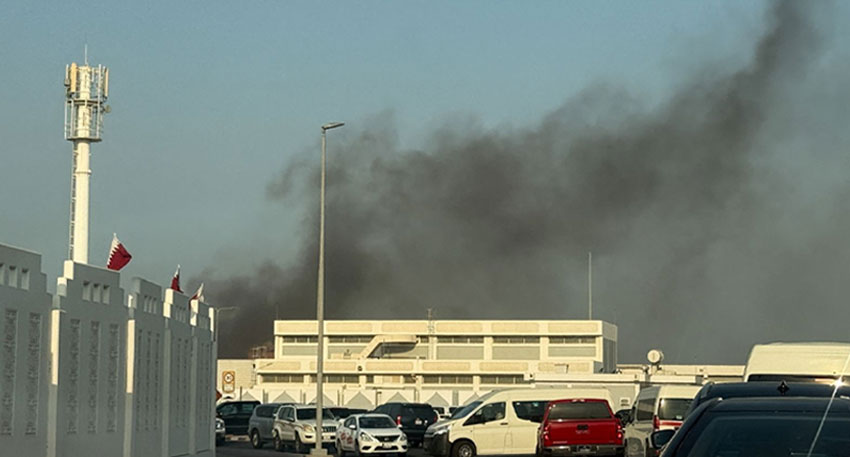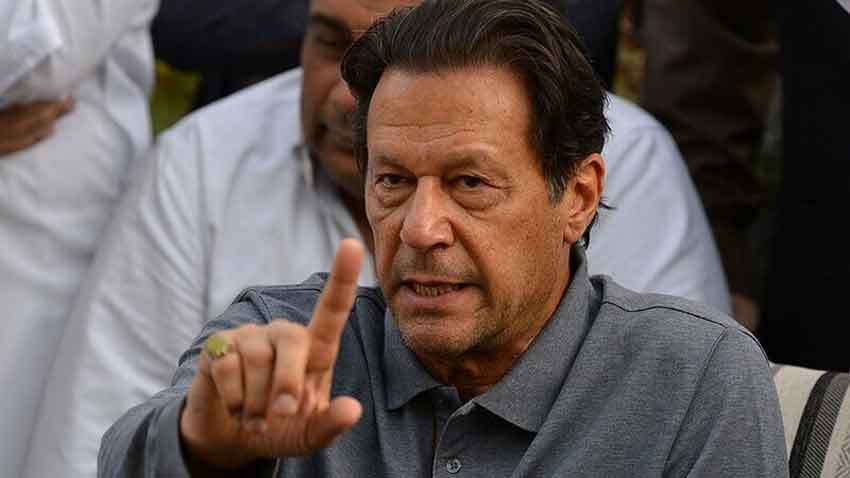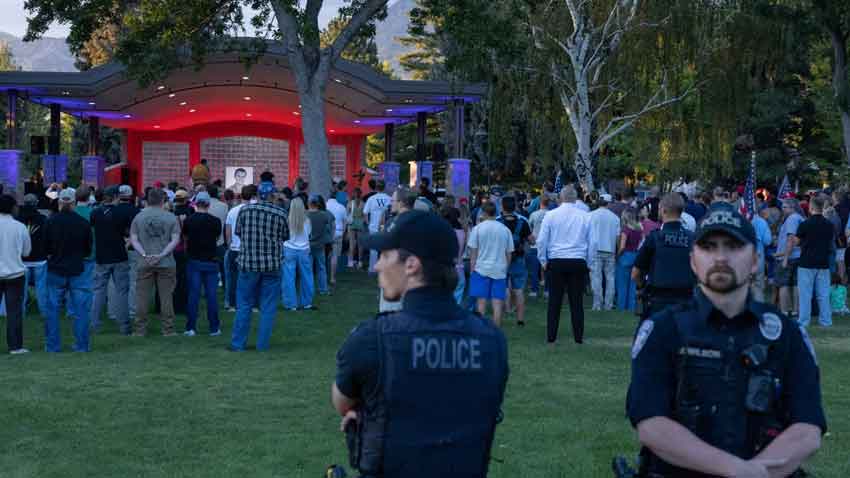
There’s a quote widely attributed to Henry Kissinger that goes, “To be an enemy of America can be dangerous, but to be a friend is fatal.” These days, that line feels less like a clever remark and more like a bitter truth — especially for those in the Middle East.
Lets think about it Trump offered Hamas a peace deal. In response, their negotiators gathered in Doha — not in hiding, but in a place where the U.S. was actively mediating peace talks, in a city that even hosts an American military base. Then came the strike. It wasn’t random. It was precise. It went straight for the negotiators who had come to talk.
And that raises a deeply uncomfortable question: Could this have happened without the knowledge — or silent approval — of the United States? And if the U.S. knew, what about Qatar, Saudi Arabia, the UK and the other friends? Were they all just bystanders, or something more?
Some might say it’s reckless to suggest complicity without hard proof. But look at the broader picture — Gaza keeps bleeding, and silence from powerful friends has become the loudest sound. Maybe we don’t need a smoking gun. Maybe the region s inaction is the evidence.
At the end of the day, whether you stand with Gaza or not, one thing is becoming clear: In this war, being a friend might be just as dangerous as being an enemy. And the people — not just politicians — will pay the price. And condemnations won’t work then…
A Strike That Shattered Diplomacy: Israel Hits Doha
DOHA – In a dramatic escalation of regional hostilities, Israel launched a surprise airstrike on the Qatari capital, targeting senior Hamas officials involved in ceasefire negotiations. Five were killed, sparking a wave of global condemnation.
Among the dead was the son of exiled Hamas leader Khalil al-Hayya. The top leadership survived, according to political bureau member Suhail al-Hindi, who told Al Jazeera the command structure remains intact despite the assassination attempt.
The missiles hit near Legtaifiya petrol station, adjacent to a secured residential area under 24/7 protection by Qatar’s Emiri Guard. Witnesses described a terrifying scene of fire, smoke, and chaos. Qatar’s Interior Ministry confirmed that one of its own security officers was also killed.
Targeted, Not Accidental: A Calculated Blow to Talks
A senior Hamas official told Al Jazeera the move was “the same trick Trump used on Iran” — fake negotiations used as bait for a targeted kill. The official likened it to the U.S. raid in Abbottabad, Pakistan, calling the strike “deliberate, not desperate.”
And if you ask me, this wasn’t a failure of intelligence. It was intent — a message, from Israel and perhaps more. From Israel’s perspective, this was precision when it wants it, and punishment when it doesn’t.
Qatar Hits Back: “This Will Not Go Unanswered”
Qatar’s Prime Minister Sheikh Mohammed bin Abdulrahman Al-Thani did not mince words, calling the Israeli strike “barbaric” and declaring that the region had reached “a pivotal moment.”
“Qatar reserves the right to respond,” he said during a press briefing. “There must be a collective regional answer.”
Meanwhile, the Qatari Foreign Ministry rejected claims that Doha had been warned ahead of time. Spokesman Majed al-Ansari posted on X that the U.S. call came only after the bombs had begun to fall.
A Pattern of Escalation: Is Israel Drawing Fire Away from Gaza?
In just one week, Israeli strikes have hit Syria, Yemen, Lebanon, Tunisia, Palestine, and now Qatar — a timeline that seems too aggressive to be coincidence. Some observers suggest it’s a tactical distraction from Gaza, and if so, it’s working.
Despite confirming prior knowledge of the attack, the White House scrambled to distance itself. Press Secretary Karoline Leavitt admitted the U.S. military informed the administration beforehand but declined to share further details.
She called the goal of dismantling Hamas “understandable,” but said striking Qatari soil “does not advance American or Israeli interests.” Trump later reportedly assured Qatar such a strike would not happen again — but whether he made that clear to Netanyahu remains unknown.
Leavitt said only that Trump had “stressed the urgency of de-escalation and regional peace.”
Trump has since expressed displeasure over the situation, but has chosen to address it later, perhaps once the dust settles — or the outrage grows louder.
Global Fury: From Pyongyang to the Papacy
Even North Korean leader Kim Jong-un weighed in, saying:
“Israel has crossed all red lines in the Middle East after its aggression against Qatar.”
The United Nations Secretary-General António Guterres called the airstrike a gross violation of Qatar’s sovereignty, urging all sides to stop fanning the flames and return to the table.
Pakistan’s Foreign Office condemned it as reckless, provocative, and a violation of international law and the UN Charter.
From the UAE, a country that normalized relations with Israel under the Abraham Accords, came rare disapproval — calling the strike “cowardly.” Saudi Arabia went further, calling it a “brutal assault.”
Also Read: Islamophobia: The global wave of hate we cannot ignore
Iran’s Foreign Ministry warned of dangerous consequences, labeling the attack a flagrant breach of international law.
Even Pope Leo, speaking informally from his summer residence, expressed grave concern, saying: “The situation is gravely serious.”
What happened in Doha wasn’t just an airstrike. It was a message: Even diplomacy is now a battlefield, and no table is sacred if the wrong people are sitting at it.
The missiles may have come from Israeli jets, but the silence that followed came from every capital that claims to care about peace. When negotiators are targeted in the very city where peace was supposed to be brokered, the illusion is over.
History may forget who launched the missile — but it won’t forget who stood by and watched.




